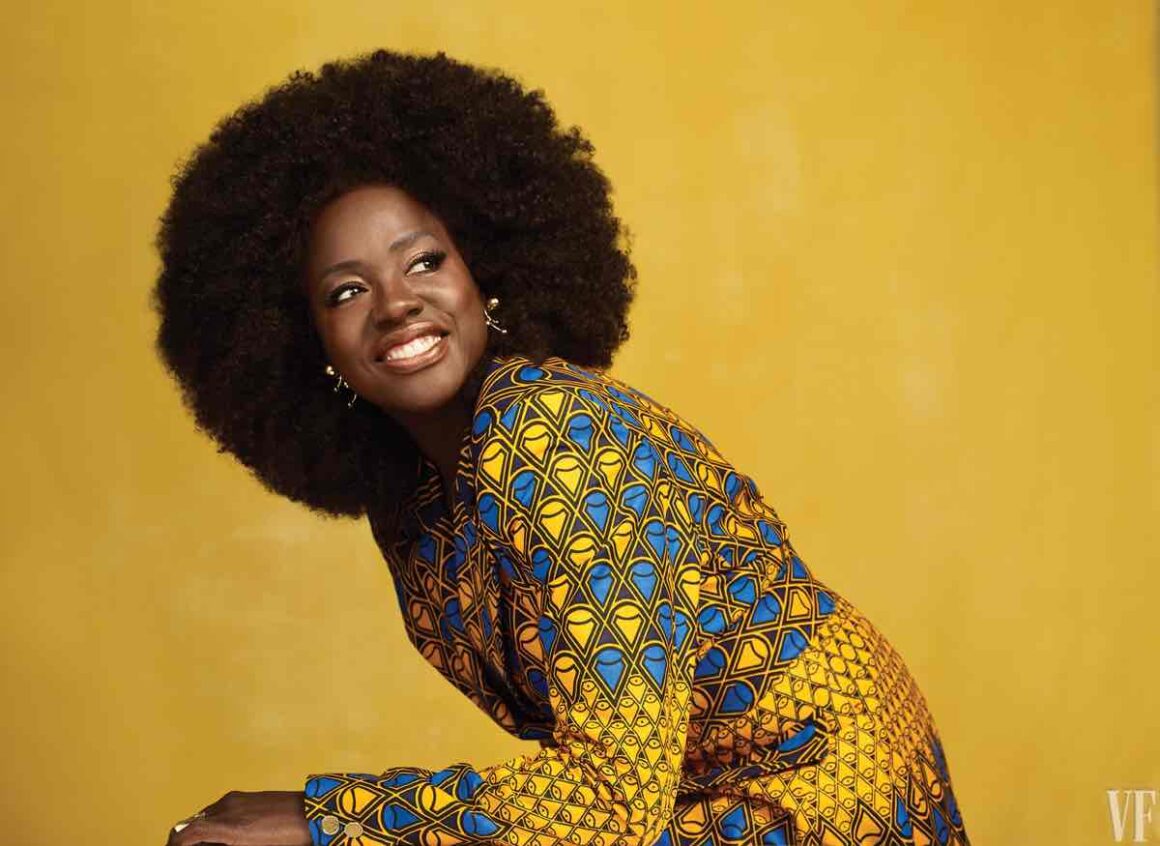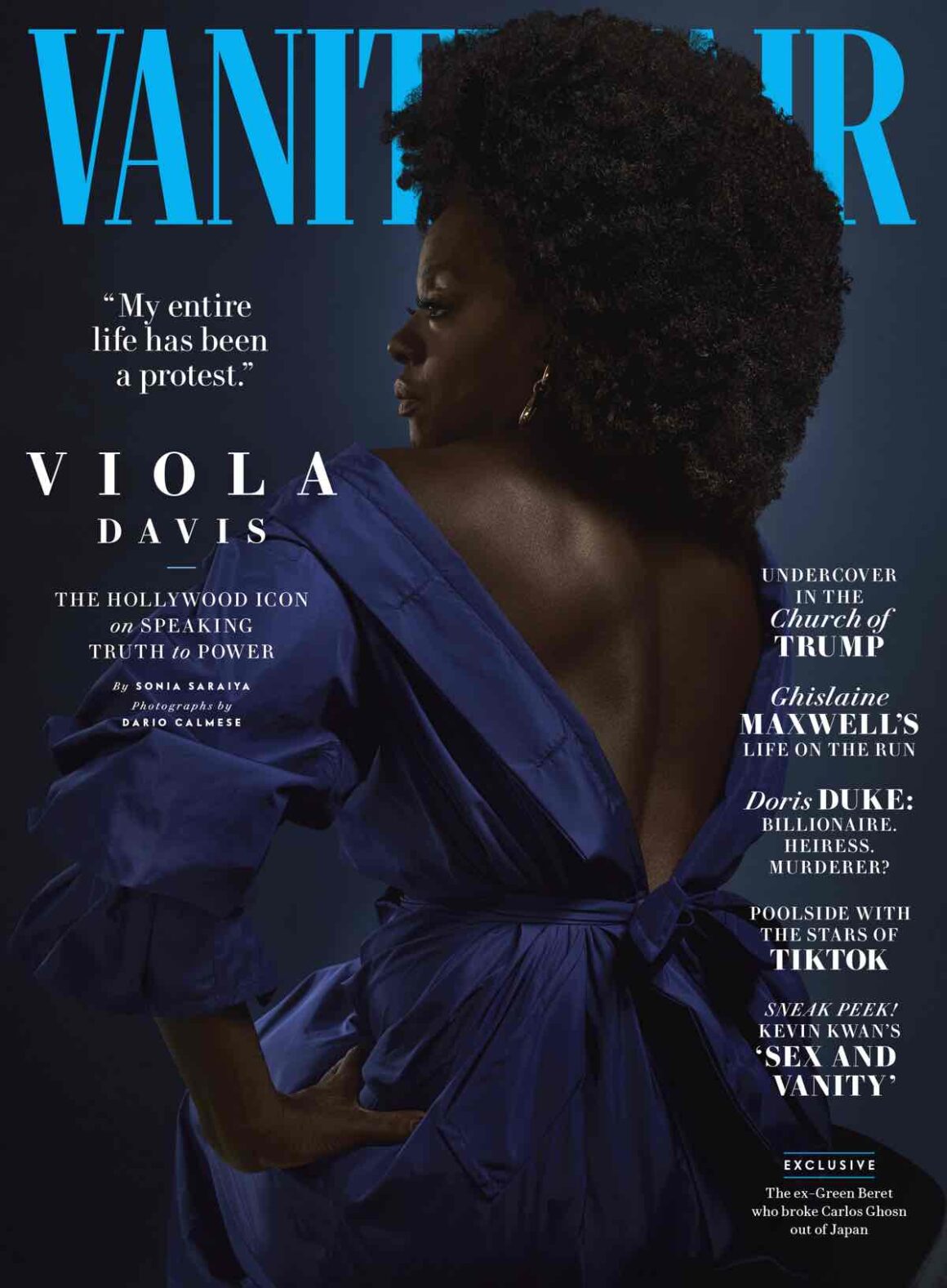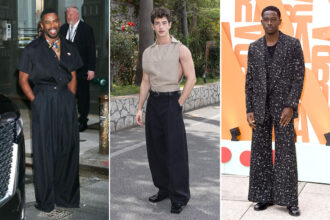Viola Davis covers the new Vanity Fair, and in the issue, she opens up about activism, representation for Black women on-screen, and looking back at The Help.
“I feel like my entire life has been a protest,” Davis says. “My production company is my protest. Me not wearing a wig at the Oscars in 2012 was my protest. It is a part of my voice, just like introducing myself to you and saying, ‘Hello, my name is Viola Davis.'”
Davis highlighted the lack of opportunities for young Black women in Hollywood.

“There’s not enough opportunities out there to bring that unknown, faceless Black actress to the ranks of the known. To pop her!” she says, naming actresses like Emma Stone, Reese Witherspoon, Kristen Stewart, who she says are all “fabulous white actresses,” who’ve had “a wonderful role for each stage of their lives, that brought them to the stage they are now. We can’t say that for many actors of color.”
Black women, Davis says, also have to deal with more fraught issues when it comes to harassment and pay.
“We know as women, when you speak up, you’re labelled a bitch—immediately. Unruly—immediately. Just as a woman. As a woman of color, there is very, very, very little you have to do. All you have to do is maybe roll your eyes, and that’s it,” she explained.
As for her Oscar-winning role as Aibileen in The Help, Davis admits, “I was that journeyman actor, trying to get in.”

Now, in 2020, Davis looks back at the film critically.
“Not a lot of narratives are also invested in our humanity,” she says. “They’re invested in the idea of what it means to be Black, but…it’s catering to the white audience. The white audience at the most can sit and get an academic lesson into how we are. Then they leave the movie theatre and they talk about what it meant. They’re not moved by who we were.”
“There’s no one who’s not entertained by The Help.” But there’s a part of me that feels like I betrayed myself, and my people, because I was in a movie that wasn’t ready to [tell the whole truth],” explaining that the film, like many others in Hollywood, was “created in the filter and the cesspool of systemic racism.”
You can read the full interview on VanityFair.com.
[mailerlite_form form_id=3]







![Apple Watch Series 10 [GPS 42mm case] Smartwatch with Jet Black Aluminium Case with Black Sport Band - S/M. Fitness Tracker, ECG App, Always-On Retina Display, Water Resistant Jet Black Aluminium Case with Black Sport Band 42mm case + Small/Medium band GPS Without AppleCare+](https://m.media-amazon.com/images/I/6105jZyXyPL._AC_SL1500_._SL160_.jpg)



